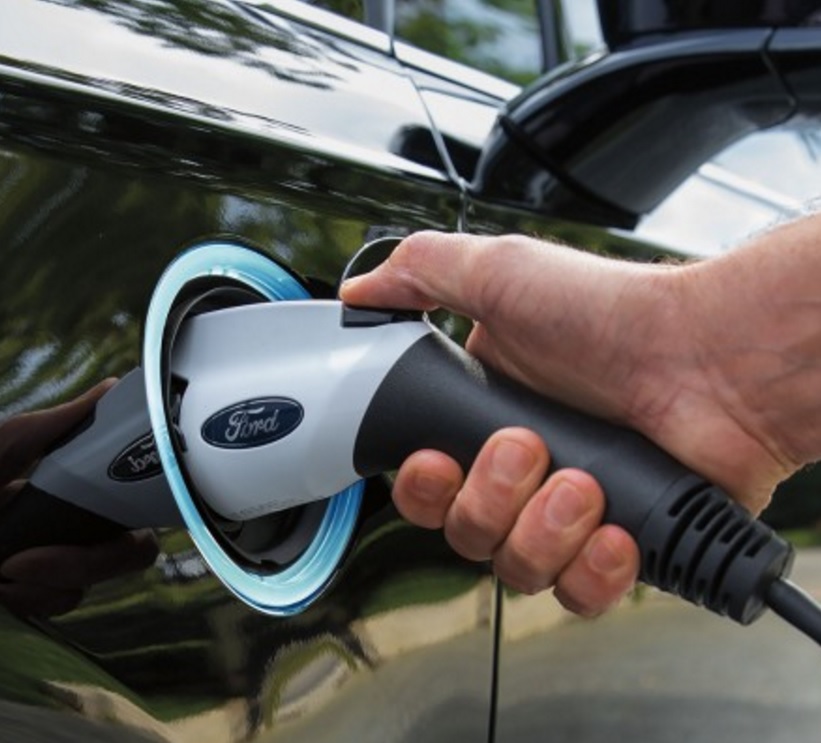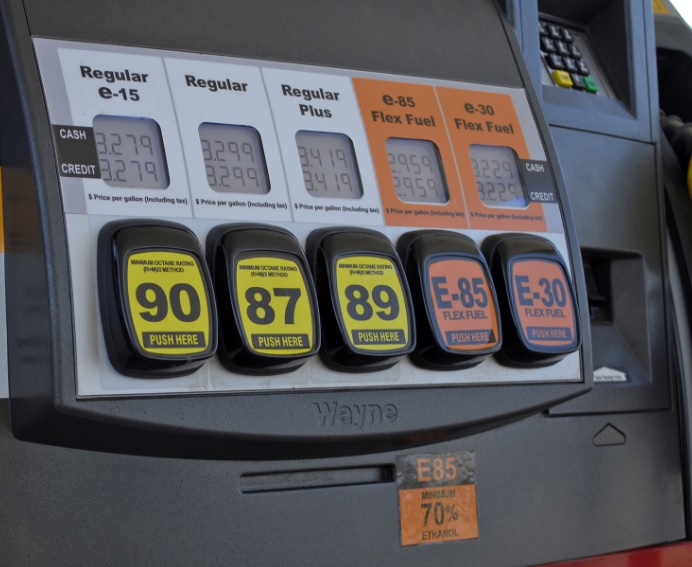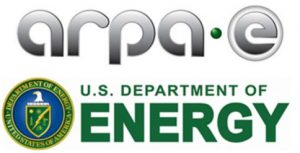Newsworthy: Ford Motor Co. outlined the next phase of its expansion in China yesterday,  with 50 new Ford and Lincoln models going to that market by 2025. There will be at last 15 new electric vehicles under these brands, and the separate Zotye-Ford joint venture will offer a range of affordable all-electric vehicles under a new brand. Sport utility vehicles will be emphasized, with eight new utility vehicles being rolled out under the 50-vehicle launch. Connectivity will play a greater role, with all Ford and Lincoln vehicles in China connected through either embedded modems or plug-in devices by the end of 2019. As for autonomous vehicles, Ford will tap into its board member presence of Chinese company Baidu’s Project Apollo. The Apollo Open Platform will facilitate the development, testing, and deployment of autonomous vehicles, the company said………… Electric bus manufacturer Proterra announced yesterday that Yosemite National Park will add two Proterra Catalyst buses to its fleet. It will be the first U.S. National Park to permanently add zero-emission buses to its shuttle fleet, offering its visitors a modern, ecologically-friendly transportation option, Proterra said. Beginning service in late 2018, the Catalyst buses are expected annually to reduce 887,000 lbs. of greenhouse gas emissions and save approximately $150,500 on maintenance and operating costs for the national park………… Volkswagen AG’s Moia mobility service division yesterday unveiled a six-seater, all-electric minibus that will be deployed in Hamburg during the second half of 2018. The EV will be rolling out globally after the launch, Ole Harms, chief executive of the division, said on Monday at the TechCrunch Disrupt conference in Berlin. Harms expects services using Moia minibuses to replace 1 million cars across European and U.S. cities by 2025. It will start with 200 units and will scale up to about 1,000 in the following years; drivers of the electric minibus will be offered by Moia, as well as the service being offered to fleet operators and municipalities, he said.
with 50 new Ford and Lincoln models going to that market by 2025. There will be at last 15 new electric vehicles under these brands, and the separate Zotye-Ford joint venture will offer a range of affordable all-electric vehicles under a new brand. Sport utility vehicles will be emphasized, with eight new utility vehicles being rolled out under the 50-vehicle launch. Connectivity will play a greater role, with all Ford and Lincoln vehicles in China connected through either embedded modems or plug-in devices by the end of 2019. As for autonomous vehicles, Ford will tap into its board member presence of Chinese company Baidu’s Project Apollo. The Apollo Open Platform will facilitate the development, testing, and deployment of autonomous vehicles, the company said………… Electric bus manufacturer Proterra announced yesterday that Yosemite National Park will add two Proterra Catalyst buses to its fleet. It will be the first U.S. National Park to permanently add zero-emission buses to its shuttle fleet, offering its visitors a modern, ecologically-friendly transportation option, Proterra said. Beginning service in late 2018, the Catalyst buses are expected annually to reduce 887,000 lbs. of greenhouse gas emissions and save approximately $150,500 on maintenance and operating costs for the national park………… Volkswagen AG’s Moia mobility service division yesterday unveiled a six-seater, all-electric minibus that will be deployed in Hamburg during the second half of 2018. The EV will be rolling out globally after the launch, Ole Harms, chief executive of the division, said on Monday at the TechCrunch Disrupt conference in Berlin. Harms expects services using Moia minibuses to replace 1 million cars across European and U.S. cities by 2025. It will start with 200 units and will scale up to about 1,000 in the following years; drivers of the electric minibus will be offered by Moia, as well as the service being offered to fleet operators and municipalities, he said.
Next phase of biofuels: The U.S. Environmental Protection Agency’s announcement on  Thursday on the Renewable Fuel Standard volumes brings to an end a long-awaited and embattled regulatory question for biofuel producers and advocates and the oil industry. Here are a few details on the decision:
Thursday on the Renewable Fuel Standard volumes brings to an end a long-awaited and embattled regulatory question for biofuel producers and advocates and the oil industry. Here are a few details on the decision:
* 2018 targets require fuel companies to blend 19.29 billion gallons of renewable fuels into the nation’s gasoline and diesel supply, up slightly from the 19.28 billion gallons required for 2017. That breaks down to 15 billion gallons of conventional biofuels like corn-based ethanol, in line with 2017, and 4.29 billion gallons of advanced biofuels, up from 4.28 billion in 2017. For 2019, the agency set a target for biodiesel at 2.1 billion gallons, unchanged from 2018.
* “Maintaining the renewable fuel standard at current levels ensures stability in the marketplace and follows through with my commitment to … upholding the rule of law,” EPA Administrator Scott Pruitt said in a press release.
* “We think this action is bad for U.S. manufacturing and American consumers,” said Chet Thompson, president and CEO of American Fuel & Petrochemical Manufacturers. He said the EPA’s final decision showed it was “bowing the knee to King Corn.”
Biofuels groups such as Renewal Fuels Association praised the decision.
* National Biodiesel Board and U.S. Senator Chuck Grassley of Iowa were disappointed to see an increase in biodiesel levels not included in the new rule.
* Clean Energy Fuels was pleased to see that renewable natural gas was included as an advanced renewable fuel. “Last week the U.S. Environmental Protection Agency (EPA) upheld its commitment to the Renewable Fuel Standard, and particularly renewable natural gas (RNG), thereby giving the market a clear sign of confidence which will result in its continued growth. This action sent a very positive message to those who produce, sell and consume RNG,” said Clean Energy Fuels President and CEO Andrew Littlefair.

